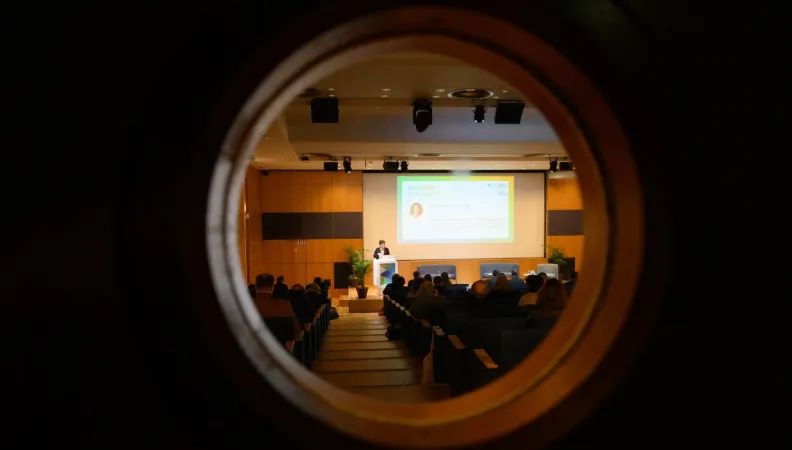Share the page
“Strong Sustainability" for (truly) Sustainable Development
Published on

The more the term “sustainable development” is used, the less clear it appears to be. It can range from activities that preserve natural life, to actions that aim to improve environmental conditions, but which damage our air, land or water. Electric cars are more sustainable than gas-guzzlers for instance, but are rather less green if the electricity they run on is produced by coal. The increasingly problematic notion of sustainability was at the heart of at AFD’s 15th Research Conference in Paris earlier this month, where experts debated “strong” and “weak” sustainability.
Having emerged in the 1980s, the term “sustainable development” is increasingly fraught, as conflicts between economic, social and environmental priorities become increasingly common. Our economic models count as a contribution to “growth” the lumber from a decimated forest, despite its ramifications for biodiversity and climate change.
"Most economic measures do not take into account [activities’] impact on the climate. So we can't assess the benefit of reducing our dependence on fossil fuels,” Helen Mountford, President of the ClimateWorks Foundation, told AFD’s 15th International Research Conference.
Distinguishing forms of capital
Much of the problem in current economic modelling lies in the fact that all types of capital are given more or less equal value. Environmental “capital” is weighed alongside physical capital – such as machinery or infrastructure. This failure to distinguish natural capital and the premium that should be accorded to nature, is at the heart of weak sustainability, according to which one sort of capital can be substituted for another.
“Strong sustainability must be at the core of our efforts” Véronique Andrieux, Director General of WWF France told the conference. “Nature is not replaceable, nor are its functions as part of the ecosystem."
The notion of "strong sustainability," which has seen a resurgence in recent years, holds that economic and social policies cannot ignore the environment. It recognizes the finiteness and inherent value of the planet's resources, and the constraints implied in their protection impose on economic growth.
It is hoped the notion of strong sustainability will help redouble efforts at fulfilling the Sustainable Development Goals, many of which remain well out of reach.
See also: COP27: AFD Group continues its commitment to climate and biodiversity
“About, 69% of vertebrate animal populations have disappeared since 1970 and 80% of the SDGs will not be reached if we do not protect nature," said Véronique Andrieux.
One form of capital cannot continue to be substituted for another
For several thinkers speaking at the conference, the failure to commit to strong sustainability is undermining efforts to cut carbon emissions and cap future global temperature rises.
“Stakeholders can’t keep making commitments to the climate while continuing to invest in fossil fuels,” said Marine Pouget of the Climate Action Network. "Especially since many of their commitments are based on technologies, some of which are not even mature or sustainable enough [to produce the required results].”
Antoine Godin, an economist at AFD, said macroeconomic modeling tools should integrate social and environmental factors, such as the Gemmes project carried out by AFD in Morocco, Tunisia, Colombia, Mexico, India and Vietnam. "These tools make it possible to gradually build a strong sustainability trajectory,” he said. “This must be based on guiding principles, and one of these principles is to refuse from the outset to substitute [one form of] capital to preserve another.”
